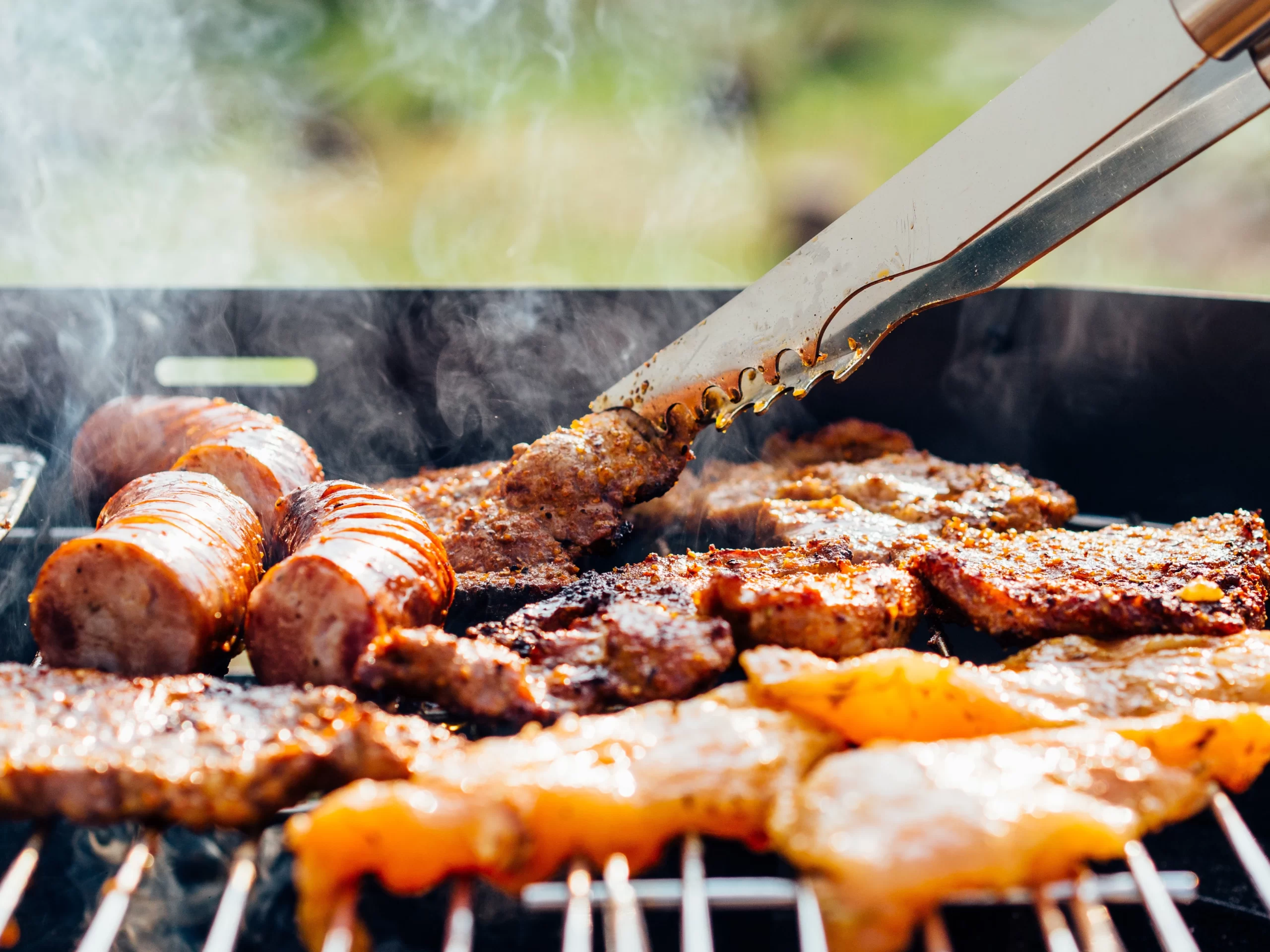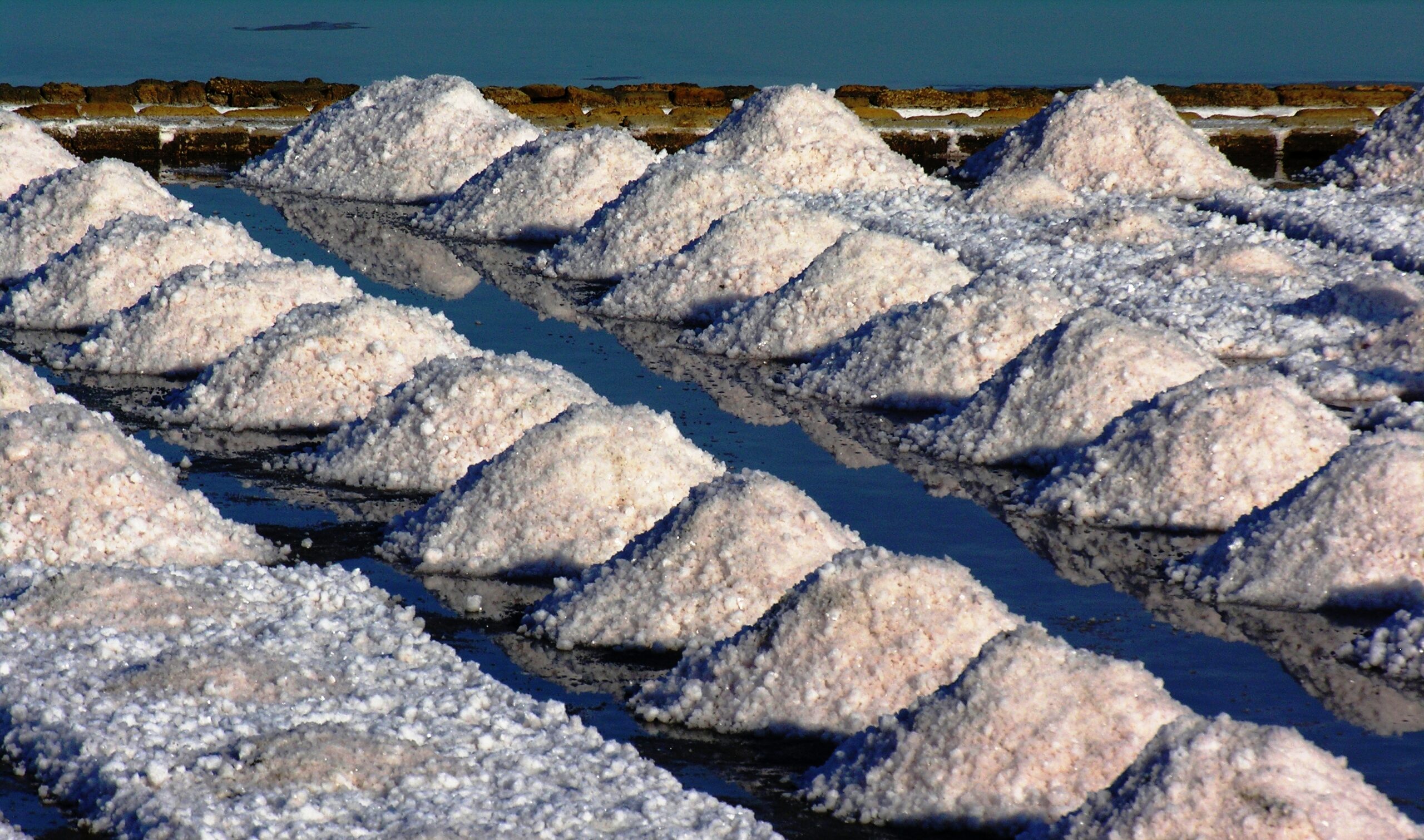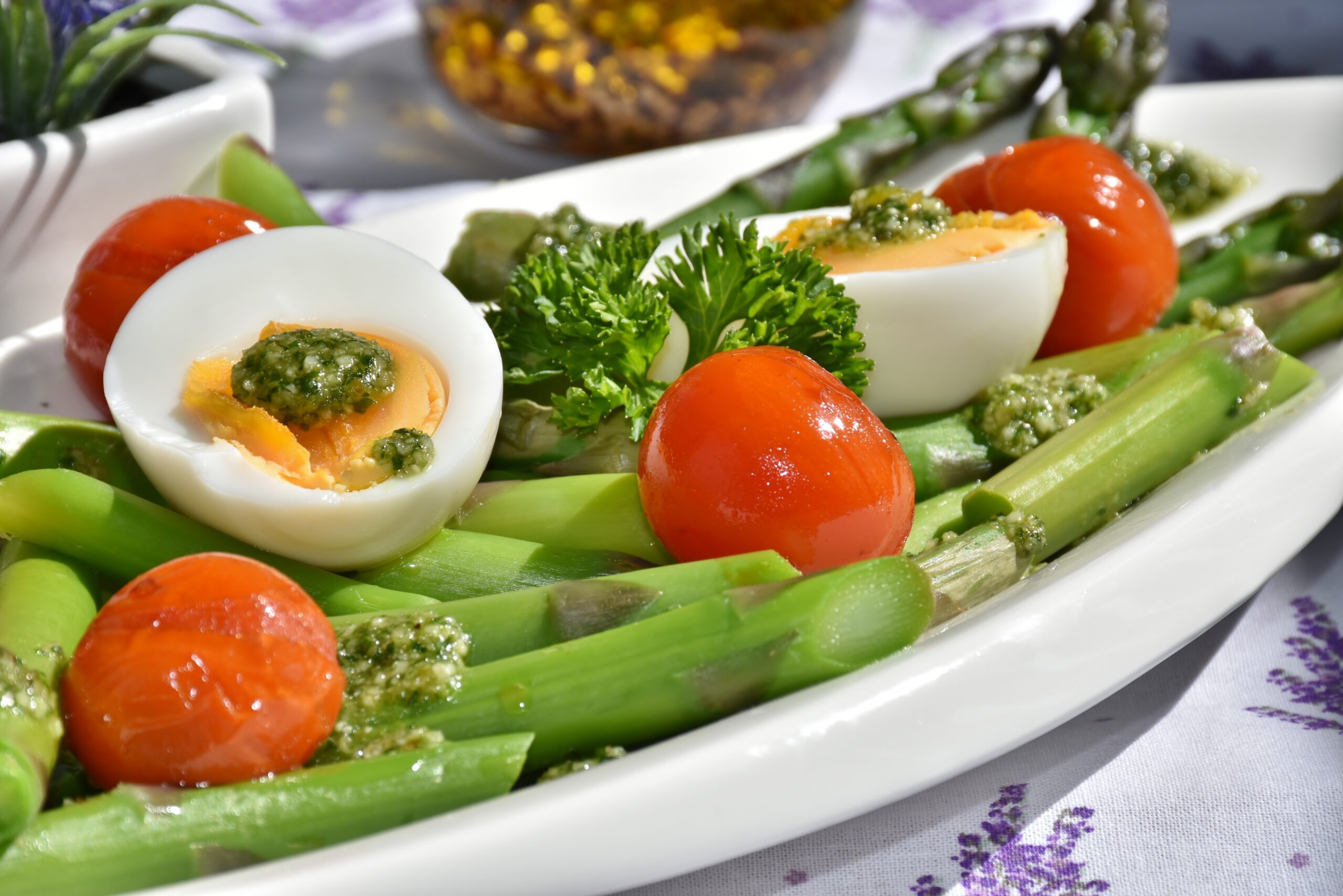4 Best Canned Foods for Emergencies
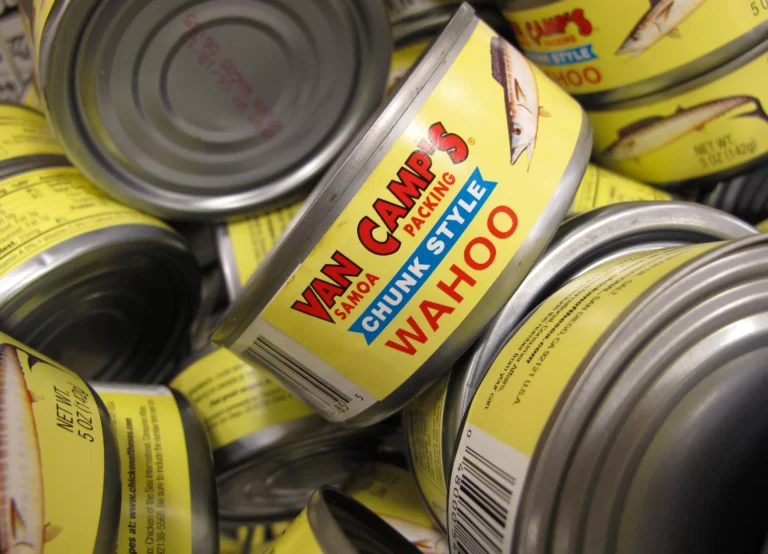
We certainly believe that canned food items have been in a negative light for quite too long now. However, in reality, the reputation that canned food items hold is the opposite.
Previously, several canned food companies were known to use BPA in their products. And due to BPA’s frequent association with several diseases and illnesses, people believed that canned food was also harmful to health.
However, the current situation is nothing like before! Today, more than 90% of canned food companies have removed BPA from their list of ingredients. But, that’s not all; they’ve also added more natural and safer substitutes to preserve the different food items.
The nutritional value provided by canned foods is also far higher than what most people still believe. As a result, companies strive to maintain their food quality and nutritional value as feasible, using preserving and heating techniques.
Table of Contents
Why is Canned Food Items Best for Emergency?
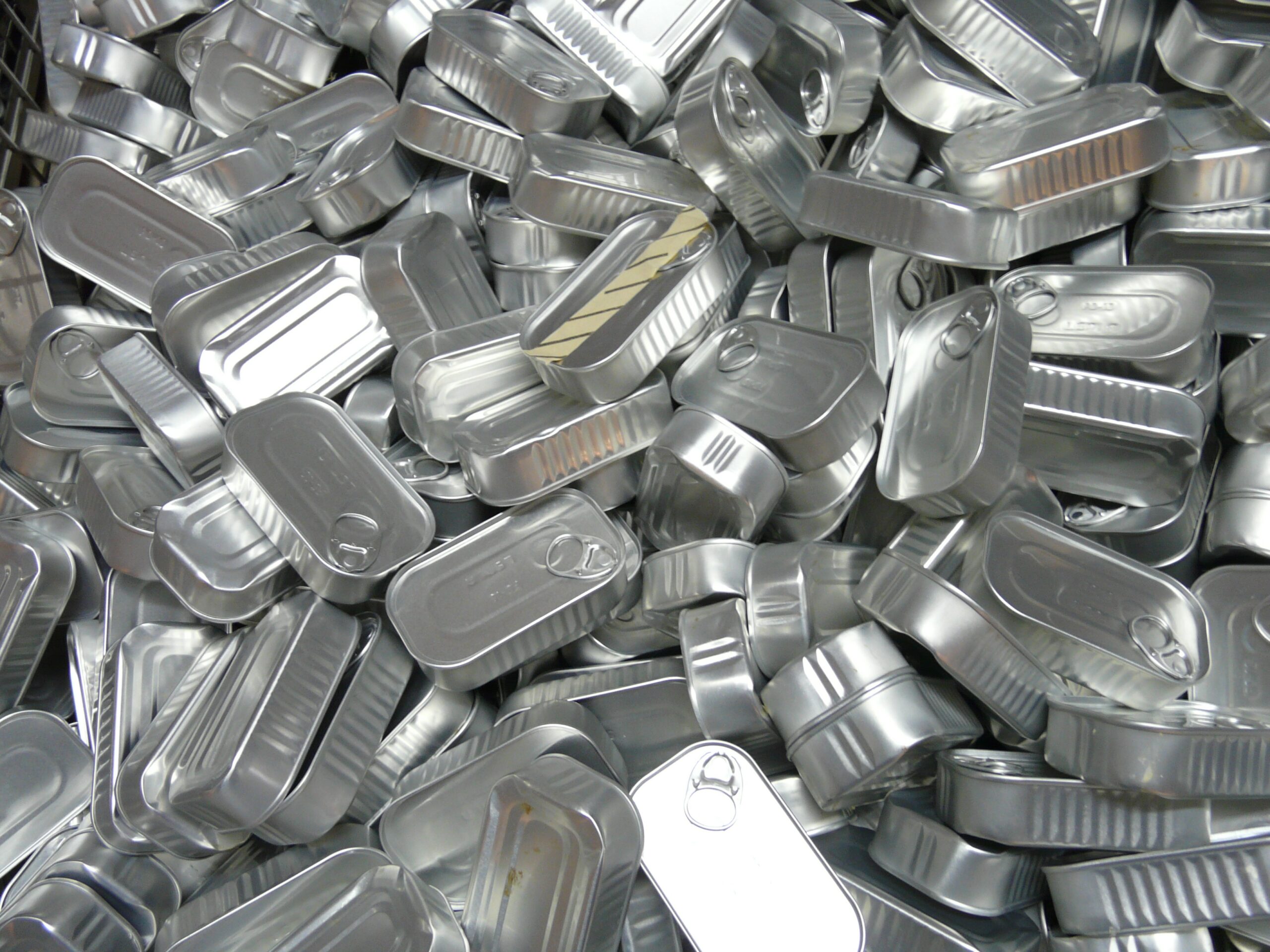
Fresh and organically produced food items are usually the best methods to prepare the different dishes for your meals. However, you cannot expect to get freshly procured food items at all times. Therefore, it is vital to equip yourself for circumstances like these.
In such an emergency, canned food is the best possible solution!
So, we have gathered a little bit of information regarding all the vital points that you must keep in mind when using canned, frozen, or dry foods in times of emergency.
The Best Types of Canned Foods Suitable for Emergency
Canned food can be a significant aspect of your inventory while gearing up for any emergency since it has a much longer shelf life and offers a wide range of nutrient-rich alternatives to regular fresh food.
Choosing suitable canned foods can be a little tricky. However, there are plenty of factors to consider before you start stocking a particular item on your shelves.
Food such as canned tomatoes has a high acidic level, so its shelf life is no longer than 12 to 18 months. Other canned food items can last you over 2-5 years. Food should not get spoiled even beyond this period because it stays packed in sealed, hygienic containers. But the quality of the taste and texture degrades as time passes.
Listed below are some of the items that are best suited for times of emergency.
Canned Foods to Suit Emergency
1. Get your needed protein with Legumes, pulses, and beans:
They are a great source of proteins. Not just that, they also provide substantial amounts of carbohydrates to build energy levels in your body and fibers to work as roughage to keep your digestive system well regulated.
There are various choices of canned beans and legumes, of which black beans, green beans, baked beans, and kidney beans are some commendable options. But canned Navy beans have the highest amount of protein content.
2. Add some fancy tuna and salmon into the mix:
Tuna and salmon, when canned, can be preserved for a very long time. In addition, both these types of seafood are rich in protein.
They also provide a good amount of needed omega fatty 3 acids, which can help you prevent coronary heart diseases.
3. Vegetables for the different micro and macronutrients:
Different types of canned vegetables can provide all the essential micro and macronutrients for the body.
For example, Canned corn is rich in potassium and starch, and canned green beans are rich in iron and vitamin C.
4. Get your vitamins from some selected canned fruits:
The best type of canned fruits is the ones that are preserved in their juices. Canned fruits that are preserved in different syrups can have a lot of added preservatives. Although, you can wash them off with a bit of water.
Canned fruits are also a good source of vitamin B, vitamin A, potassium, etc.
How to Plan a Whole Day’s Diet with Canned Food?
Canned foods are mainly ready to eat or take only a few minutes to cook. And if you want, you can plan a dietary regime for a whole day with only canned foods, frozen items, and dry food products. We have prepared a simple meal plan for you that you can follow in case of any emergency.
- Breakfast: a bowlful of canned fruits with cereals.
- Lunch: A preparation of pasta made with frozen vegetables such as spinach, tomato, etc. You can add some canned beans to add more flavor.
- Dinner: Heat some canned tuna or any other type of canned fish. Serve it with some cooked brown rice and canned beans.
To ensure that each meal is compact in protein, carbs, and other essential nutrients, you need to sketch out a proper meal plan to be ready for any possible emergencies. In addition, try to stock up on spices that have a longer shelf life to add a little flavor to your food.
A Handful of Parting Tips
- Stock only the items that you like to eat. Do not pile on food items just because they are more convenient or cheap. You are the one who has to survive on these (if needed). So why not store items that you like.
- Do not store any food before actually tasting it first.
- Rotate or dispose of food items that have a higher acidic quantity.
- In times of emergency, you would need to prepare your meals with this canned food, so why not try to learn a few recipes that might come in handy.
So what are you waiting for? Check out your nearby local supermarket and grocery stores or wholesale food stations and stock up your cabinets today. Emergency always comes without warning. So gear up now so that you can overcome any trouble that comes your way in the future.
INFOGRAPHIC:
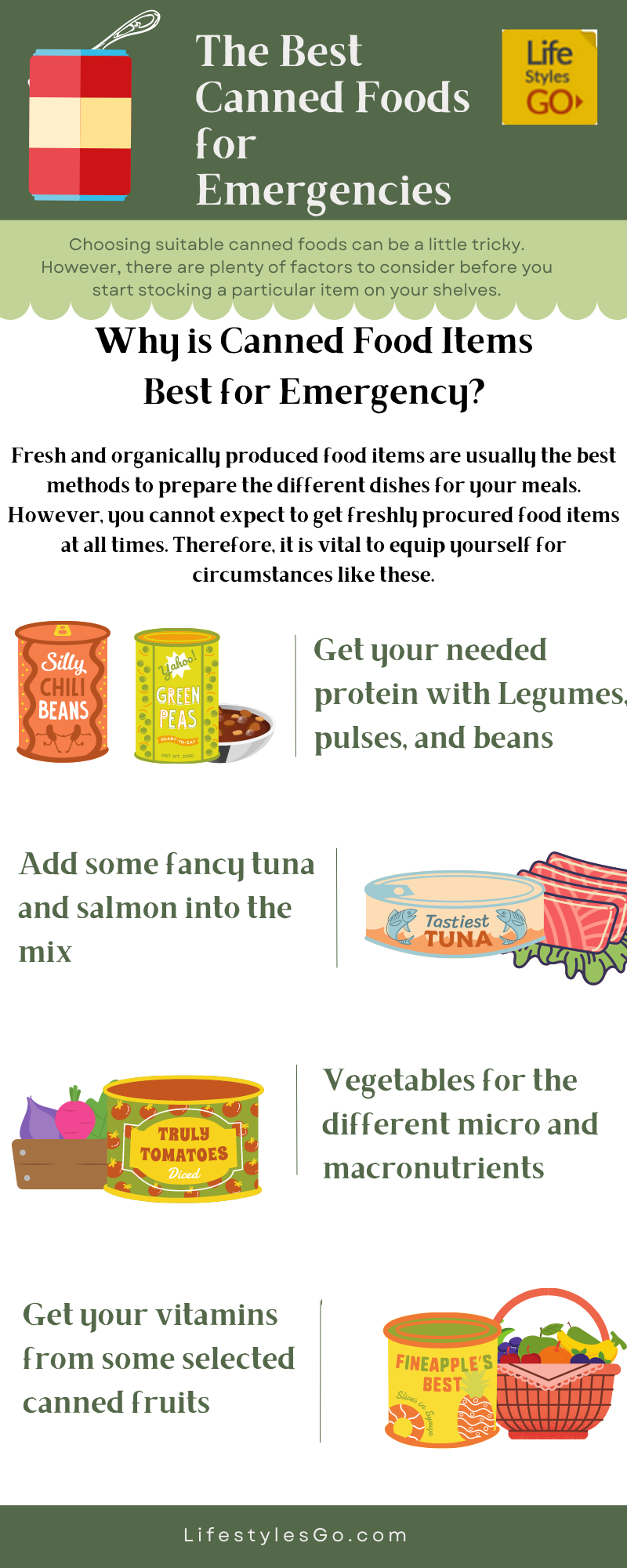
Photo by PxHere

